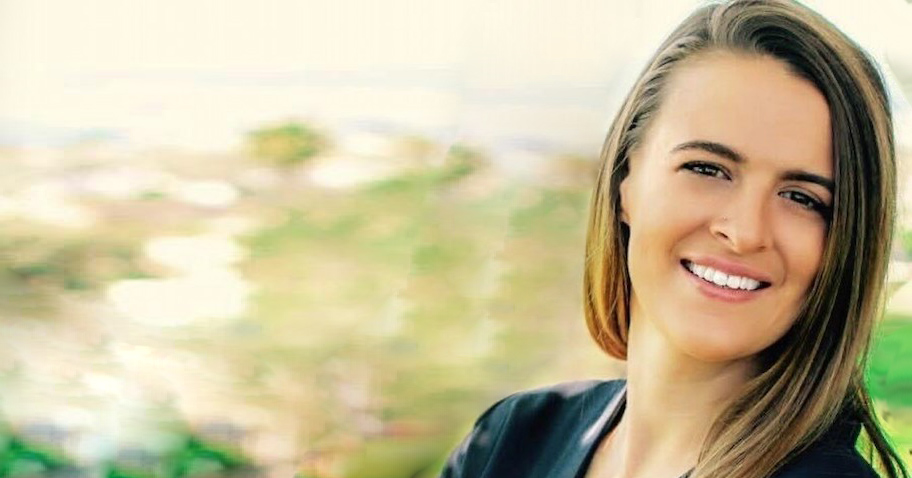The American Psychological Association recognizes the third week in April as Psychology Week. Psychologists often wear many hats and can specialize in health care, education, research, workplace improvement and technology. Psychologists at Rady Children’s Hospital-San Diego are working in both inpatient and outpatient settings to ensure they are meeting the behavioral health needs of patients and their families. This is achieved through individual therapy, consultation/liaison services, integrated behavioral health services, neuropsychological and psychological testing, quality assurance, process improvement projects and health psychology services. We appreciate all of our psychologists and celebrate Psychology Week alongside our psychology teams.
In celebration of Psychology Week, we interviewed Christina Baker, PsyD, a clinical psychologist who works in the Rady Children’s Hematology/Oncology division.
Why is psychology important?
- Psychology applies scientific applications to the everyday workings of the human experience with the sole purpose of bettering our existence. Unlike some other fields, psychology lives in a world of grey, challenging providers and patients to understand themselves, the world and the interactions between the two; it is in these moments of understanding that lives change.
Why did you become a psychologist?
- When my sister was about 18 months old, she was diagnosed with autism spectrum disorder. She was nonverbal, and the doctors did not give us a very good prognosis on her functioning. Luckily, she was quickly connected to psychology as part of her care team, and I got to watch her just blossom. My sister is now 22 years old and attending a four-year university; I always attributed this to her psychologist, and from an early age I wanted to be part of that field so that I could pay forward the gift my family received.
What is your favorite part of being a psychologist?
- Currently, I work as pediatric psychologist in the hematology/oncology division. I find it such an honor to walk alongside patients during some of the most challenging moments of their lives, to hold space together and find ways to put one foot in front of the other. The greatest gift of this work is to know someone does not feel alone. I don’t believe “everything happens for a reason.” Rather, we get the chance to make reason out of everything that happens to us, and here is where psychology in this field really blooms.
What piece of advice would you give to a student who is thinking about a career is psychology?
- Buckle up! Psychologists typically complete four years of postgraduate education, one year of predoctoral training and one year of postdoctoral training. All in all, I was in school for about 22 years! Good thing I like to learn. 😊
What research are you currently working on?
In my role, I get the privilege of participating in various research and quality improvement projects. I am assisting on a study on parental distress in newly diagnosed patients as well as various pain management projects for sickle cell disease. I am also looking forward to a new project regarding anxiety and depression.
